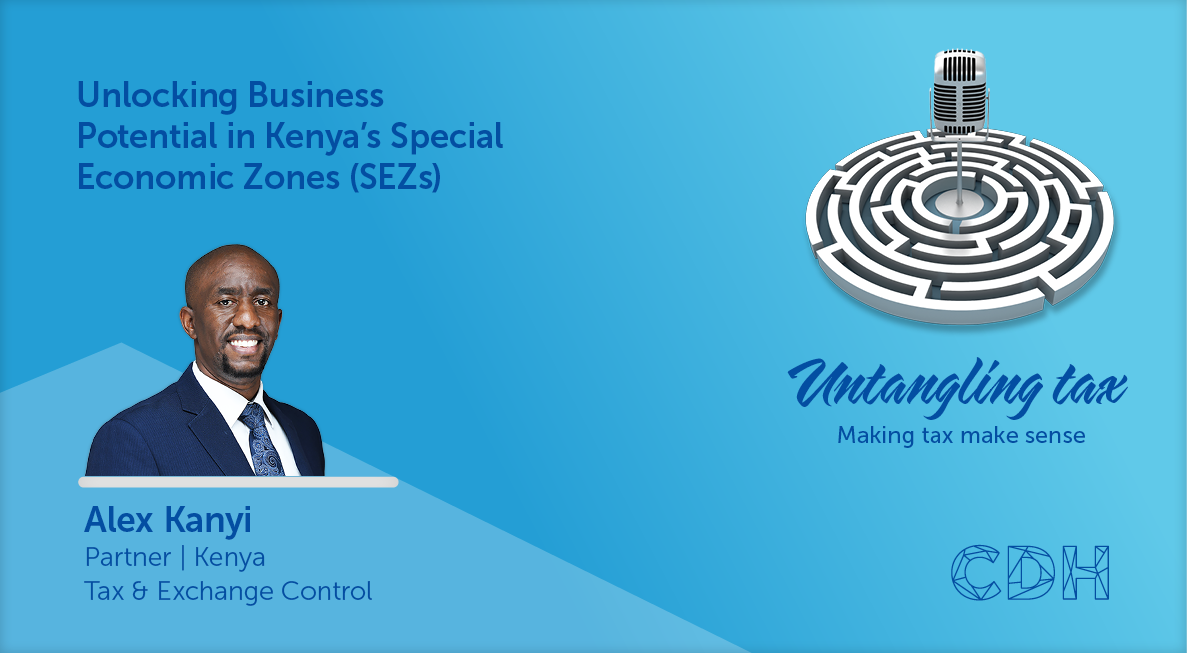COVID-19 Block Exemption from provisions of the Competition
In terms of section 10(10) of the Act the Minister of Trade and Industry is empowered to exempt a category of agreements or practices from the application of Chapter 2 of the Act. Under normal circumstances, the provisions of Chapter 2 (more specifically sections 4 and 5) prohibits firms in horizontal and vertical relationships from entering into any agreements or engaging in any concerted practices which have the effect of substantially preventing or lessening competition in the market.
However, under these unusual circumstances, the Regulations exempt a category of agreements or practices amongst and between designated retail tenants and retail property landlords from the application of sections 4 and 5 of the Act if these agreements are for the sole purpose of (a) coordinating conduct to prevent the national disaster from escalating; (b) alleviating the economic and social effects of the national disaster; or (c) enabling designated retail tenants to manage their finances during the national disaster and be in a position to continue normal operations post COVID-19.
Who is a designated retail tenant and a retail property landlord for the purposes of these Regulations?
A designated retail tenant refers to any South African retail tenant who is (a) a retailer of clothing, footwear or home textiles; (b) a person offering personal care services; and (c) a restaurant.
A retail property landlord refers to those businesses that are involved in the supply of rentable space in the retail property sector. The categories of landlords may include, among other, real estate investment trust companies, property developers who own or operate retail shopping centres and any other intermediaries through whom the letting of rentable space in the retail property sector is facilitated.
What type of agreements are exempted under the Regulations?
Under the Regulations, a designated retail tenant and retail property landlord, in coordination with the DTIC, may conclude agreements or practices in respect of (a) payment holidays and/or rental discounts for tenants; (b) limitations on the eviction of tenants; and (c) the suspension of or adjustment to lease agreement clauses that restrict the designated retail tenant from undertaking reasonable measures required to protect viability during the national disaster.
If you fall into the ambit of these Regulations and wish to enter into such an agreement what should you do?
As a starting point, these Regulations cannot be considered a blanket exemption available to all tenants and landlords and does not, in the absence of an agreement between the relevant landlord and the designated retail tenant, entitle a tenant to withhold payment of the rental due in terms of the relevant lease agreement. However, since these current circumstances demand action of an unusual nature, the government has called on retail property landlords and designated tenants to put in place measures to prevent an escalation of the harmful effects of a national disaster. Retail landlords and designated tenants are therefore called upon to consider the Regulations and the potential solutions contained thereunder. Parties falling within the scope of the Regulations and wishing to renegotiate the terms of a lease should:
- enter into bona fides negotiations with one another;
- involve and obtain consent from the DTIC;
- note that (given the unprecedented circumstances) any amendment to the existing lease should be carefully drafted to avoid any disputes arising once the national disaster has passed; and
- keep minutes of any meeting held and written records of agreements or practices under these Regulations.
Retail property landlords and designated tenants should not underestimate the importance of complying with the Regulations when renegotiating the lease terms during the COVID-19 disaster period as envisaged in the Regulations. Any amendment of the exiting lease should be a written addendum to the lease agreement and should clearly set out the revised terms to avoid any future disputes. We propose that legal advice is obtained.
The impact of COVID-19 is, at present, unpredictable, however, a societal shutdown will undoubtedly result in liquidity issues for tenants (and possibly landlords) who depend on trade (or their rental income) to meet their financial obligations. In this way, the Regulations will be a saving grace for many persons who are, as a result of this pandemic, under financial stress and unable to meet their financial obligations. Although by no means an obligation, these Regulations should be read with the intention of ensuring that businesses can come out of lockdown unscathed and continue operating as businesses that contribute to the country’s economy. These Regulations are in the interests of good business practice, will assist in the long-term health of the economy and are a possible solution to the harmful economic effects of COVID-19. Parties are therefore encouraged to follow the guidance given by the DTIC through these Regulations and consider it a means for the business community to mitigate the effects of this national disaster and in this way contribute towards overcoming it and its effects.
The information and material published on this website is provided for general purposes only and does not constitute legal advice. We make every effort to ensure that the content is updated regularly and to offer the most current and accurate information. Please consult one of our lawyers on any specific legal problem or matter. We accept no responsibility for any loss or damage, whether direct or consequential, which may arise from reliance on the information contained in these pages. Please refer to our full terms and conditions. Copyright © 2026 Cliffe Dekker Hofmeyr. All rights reserved. For permission to reproduce an article or publication, please contact us cliffedekkerhofmeyr@cdhlegal.com.
Subscribe
We support our clients’ strategic and operational needs by offering innovative, integrated and high quality thought leadership. To stay up to date on the latest legal developments that may potentially impact your business, subscribe to our alerts, seminar and webinar invitations.
Subscribe




